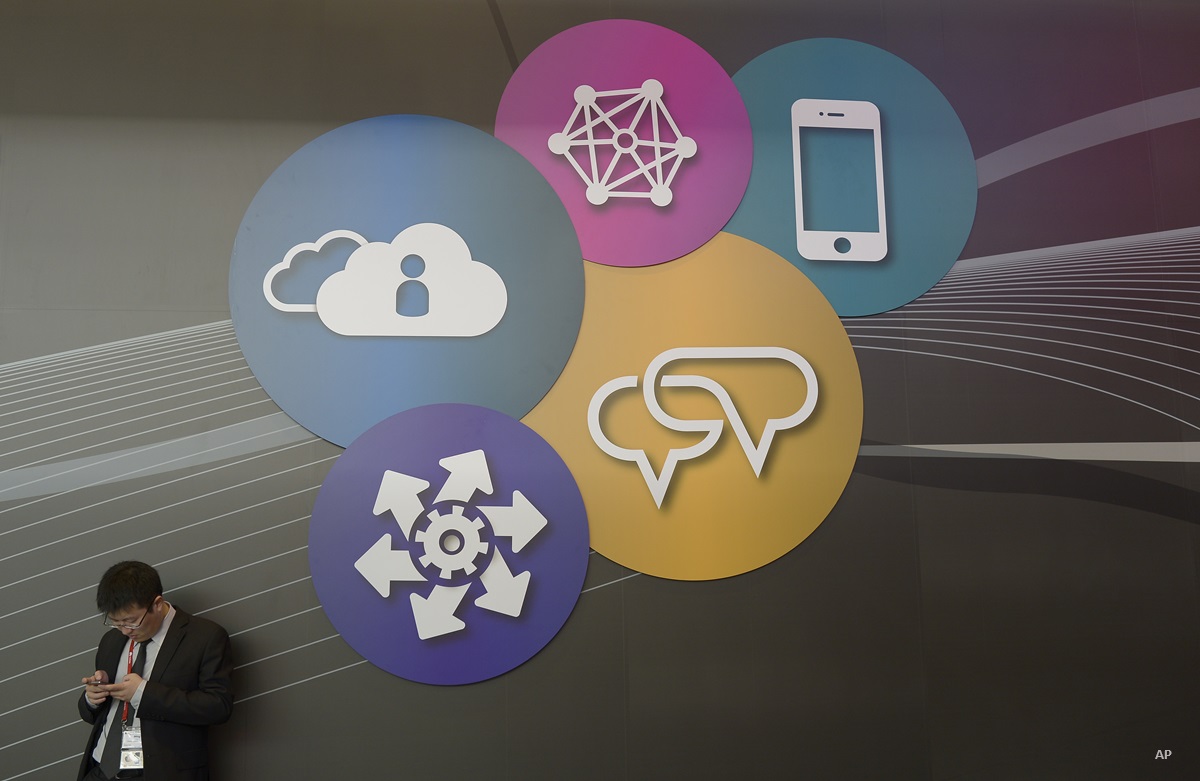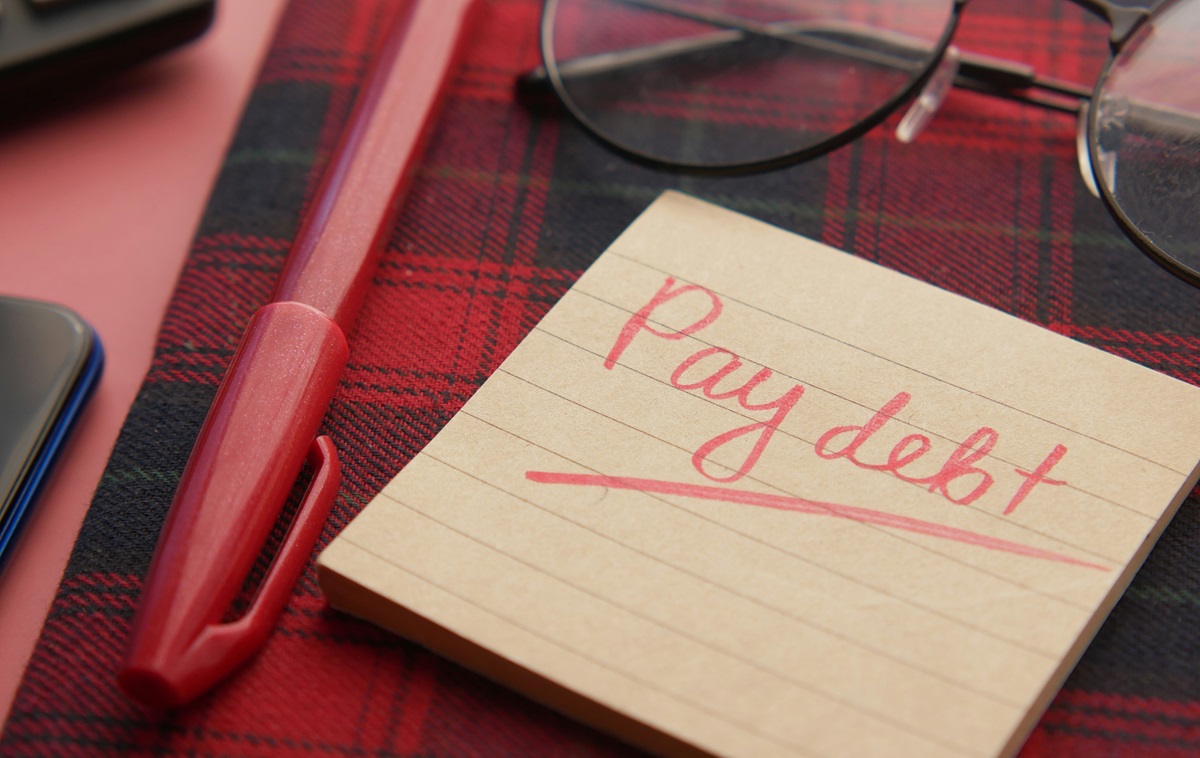Alex Sloat: People always talk about how people aren’t saving enough, people have too much consumer debt, and that’s very true. A big part of the reason for that is that the underlying knowledge is so terrible. Only half of Canadians know what a credit report is. Less than a third can tell you when it makes sense to borrow money for consumer goods. Less than 40% know that when you put money in the stock market, nobody is insuring it for you. So as a result, people have some real problems knowing how to be financially literate, knowing what they should be doing with their money and why.
Tip #1: Don't count on schools
Schools don’t teach financial literacy nearly enough. You'll get a little bit of a compound interest section in your Grade 11 math course or something. But they don’t have a finance course. They don’t have anything that really teaches people how to deal with money, why you should save why you should invest. And as a result, it falls to parents, because nobody else is going to do it. And if you want your kids to be good with this stuff, it has to start with you.
Tip #2: A regular allowance (with caveats)
A lot of children get a regular allowance, but having children get money that they don’t have to work for, don’t have to do anything for it, can teach the wrong message. You don’t want money to be something that just happens; you want money to be something that they have to work for. When I was about seven years old and got my first allowance, my father said, “You have to come to me every Thursday. It's my payday; it will be your payday too. If you don’t ask me for the money on Thursday, you don’t get it.”
I forgot and I kicked myself a lot of Fridays, but these are the things that taught me you have to do something to get your money. It doesn’t just get given to you. It was a simple something, but I was seven years old. As I got older and as I started working jobs, I had to work for my money. I didn’t just get it for nothing. And as a result, I think I got a bit more financially literate than a lot of people get.
Tip #3: Jobs even kids can do
Lot of parents, for the same reason, pay their children to do chores. It varies depending on parents; I don’t want to tell you how to raise your kids, per se. But it can make a lot of sense for parents to pay their kids to do chores because, again, you have to work for your money. It isn’t just that you get money for nothing; you have to go out and do something, if doing something is emptying the dishwasher, cutting the lawn, at least something that seven- and eight-year-olds can do and can get a link between work and earning.
Tip #4: Setting spending priorities
Adding responsibility to spending is something that I haven’t seen a lot of parents do. But I think it makes sense. When I was a kid, for example, I bought a lot of video games. If my parents had said, “We're not going to buy you video games, we are going to give you some money and you have to buy your own,” I probably would have said, “I want, I want, I want” to a lot fewer games and prioritize my spending a lot better, because I knew that the money for it wasn’t unlimited. Again, it wasn’t just being given to me, it wasn’t just happening. I had a fixed amount and I would have to prioritize it myself. If I spend too much on whatever was shiny and in front of me, I'd regret it later, and these are the ways you learn.
Tip #5: Make money feel real
As adults, we generally understand that credit cards are something you have to pay off at the end of the day, although, scarily enough, a few don't. But when you are talking to a kid who's never had a credit card, who's never had a debit card, having you just wave a piece of plastic and get everything you want doesn’t feel like we owe money. It feels, again, like something that just happens.
To create that link between spending and earning and having a fixed amount, use cash, because cash is something that kids understand perfectly well. If you've ever played a game of Monopoly, they know that when you run out of money, you don’t have money anymore. Cash creates that link. So even if your kids have a bank account--a lot of kids these days do--they should put money in the bank account by taking cash and putting it in the bank machine or giving it to a teller. Because it reminds them that this is a fixed amount; it doesn’t go up just because it's outside your sight. It is something that you have a limited amount of.
Tip #6: Talk it out
As adults, we have all sorts of bills and bank statements and investment statements and everything else going around. Kids can understand more than they sometimes get credit for. I remember talking to my parents when I was seven or eight years old, finding out what a mortgage was. I remember having my dad talk about a line of credit for the first time around. . . . He mentioned, “I can write a check for tens of thousands of dollars if I want to.” My response, naturally, was, “That’s awesome, how often can you do that?” Then I got to learn what a line of credit actually was.
But if we hadn’t had that discussion, I probably wouldn’t have learned that for a quite a lot longer. It's not something that anyone will go explain to you. Even when you go to the bank and sign up for a line of credit, they just assume you know what it is. There is a 50-page document that tells it to you in minute detail, but nobody ever reads that. Actual knowledge of it is something that has to be imparted a bit more directly than that, and parents are a great place to start.
Tip #7: Make it fun!
Money isn’t something that gets taught about by a lot of people. Money is something that a lot of people are ashamed to talk about. People don’t really discuss it very often. But there are great resources for it. There are TV shows about financial literacy--Gail Vaz-Oxlade has a few great ones that I am a huge fan of. If you play games with money--I mentioned Monopoly earlier--it teaches kids there is a bank with some money that you have to trade in, you buy things, you sell things. But you've got a fixed amount at the end of the day.
Anything that teaches kids about how these things actually work is a great thing to add in. And it doesn’t have to be boring, it doesn’t have to be something that's dreary and educational. It could be fun and educational; it can be games, it can be TV shows. If you like doing something, figure out if there is a way that you can do that same thing, but also teach a lesson as well. And a lot of times, there is.









:quality(80)/cloudfront-us-east-1.images.arcpublishing.com/morningstar/EC7LK4HAG4BRKAYRRDWZ2NF3TY.jpg)










